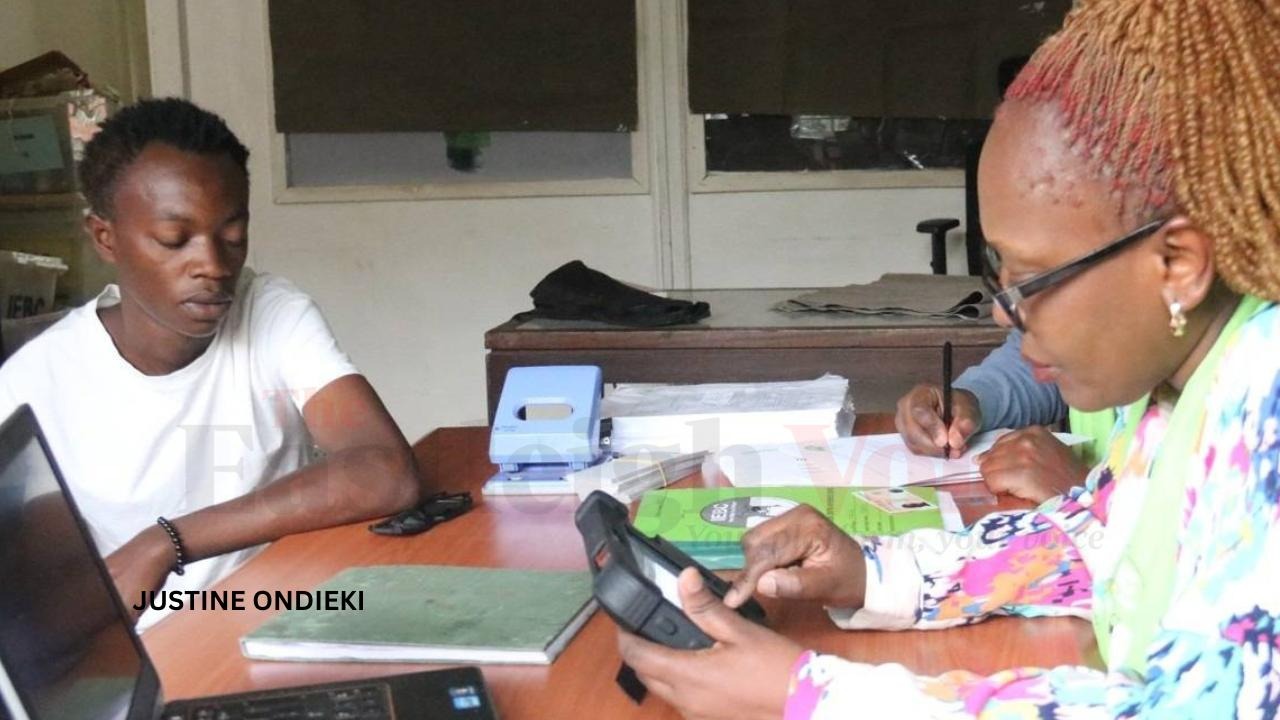Over 7,000 Kenyans register in first four days as IEBC launches new biometric system

Political observers and parties are already paying close attention to the progress of the exercise, viewing it as a crucial step as the country prepares for upcoming electoral events.
Kenya’s electoral agency has recorded more than 7,000 new voter registrations within just four days of resuming its Continuous Voter Registration (CVR) programme, marking a strong start to the nationwide exercise.
In a statement released on Friday, the Independent Electoral and Boundaries Commission (IEBC) announced that 7,048 new voters had been added to the register between September 29 and October 2, 2025.
More To Read
- LSK condemns violence in by-elections, warns of gaps ahead of 2027 polls
- ELOG flags electoral violence, ballot secrecy breaches in November 27 by-elections
- Political storm erupts as Jubilee, DAP-K accuse rivals of orchestrated violence in by-elections
- Tension as rival camps clash in Mbeere North polls
- IEBC urges Ugunja residents to vote as early turnout remains low
- MP Kaluma injured as bodyguard loses gun in Kasipul poll chaos
Over the same period, 259 individuals moved their registration to constituencies of their choice, while eight others updated their information.
The registration exercise is being carried out in all parts of the country except in electoral areas that are set to hold by-elections on November 27.
IEBC Chairperson Erastus Edung Ethekon welcomed the turnout and said the growing numbers reflect positive public engagement.
“The Commission reaffirms its unwavering commitment to ensuring that voter registration services remain accessible, inclusive, transparent, and efficient,” he stated.
A key development in this registration phase is the inclusion of iris scans in the biometric identification system.
Previously, the commission relied only on fingerprints and digital photographs. This year, the iris has been introduced as an additional means of identification.
Ethekon explained that this change aligns with Section 2 of the Elections Act, which recognises various biometric identifiers, including fingerprints, iris patterns, retina scans, DNA, voice waves, hand geometry, earlobe geometry, and signatures.
“The iris provides an alternative means of voter identification should fingerprint recognition fail,” he said.
The commission assured the public that the collection and storage of biometric data are being conducted in full compliance with the Data Protection Act, 2019. “All data collected during voter registration is securely stored, accessed solely by duly authorised officers and applied strictly for its legally prescribed purposes,” the statement read.
Ethekon further cautioned that “any unauthorised access, misuse, or compromise of voter data will attract the full sanctions of the law.”
As the exercise continues, the IEBC has encouraged eligible Kenyans, particularly young people and first-time voters, to register in large numbers. “Together, let us strengthen our democracy, safeguard our institutions, and secure the future of our nation,” Ethekon urged.
The commission has dedicated Sh8 billion from its Sh57.3 billion election budget to support the voter registration exercise. In addition, Sh2.5 billion has been allocated for voter education and stakeholder engagement, Sh7 billion for replacing outdated KIEMS kits, and Sh2.4 billion for maintaining the systems.
Political observers and parties are already paying close attention to the progress of the exercise, viewing it as a crucial step as the country prepares for upcoming electoral events.
Top Stories Today














































